JANUARY 11, 2024
PRACTICE
Building Trust: The Cornerstone of Effective Therapeutic Behaviour Support
Trust is the bedrock of any meaningful relationship, whether it be in a therapeutic setting, among colleagues, or between support practitioners and clients. Developing a culture of honesty, psychological safety, and mutual respect is not just beneficial; it's essential. Here's why:
It cultivates a sense of security, reducing disengagement and withdrawal.
It enhances engagement, often leading to superior outcomes.
It fosters an environment where questions, ideas, and concerns can be freely expressed without fear of judgment or reprisal.
How do we build this trust? Here are some strategies that have proven successful:
1. Embrace the Power of Listening Listening is more than hearing words; it's about understanding the message behind them. By actively listening, we build a foundation for positive relationships. Encourage your clients and colleagues to share their thoughts and ensure they feel heard and understood. Make time for them, value their input, and be open to both positive and negative feedback.
2. Feedback is a Gift – Use It Feedback allows us to see beyond our perspective. By soliciting and acting on feedback, we show that we value the voices of those we work with. Analyse the feedback, identify needs, address issues promptly, and work collaboratively on solutions. This not only demonstrates transparency but also helps individuals feel valued.
3. A Little Appreciation Goes a Long Way Recognising the efforts of clients and colleagues fosters a sense of community and emotional security. Frequent, real-time recognition can take many forms, from a simple 'thank you' to public acknowledgments. Such gestures of appreciation build trust and encourage continued effort and engagement.
4. Trust Them First Trust is reciprocal. Show your team that you trust their capabilities by giving them autonomy and inviting their input on matters they're typically not involved in. Avoid micromanagement; it's about guiding, not controlling. Trusting your team's expertise and judgment fosters a similar trust in you.
5. Coaching Over Commanding Adopting a coaching style rather than a commanding one can build trust. Provide support, training, and encouragement, especially when facing challenges. Guide your team towards success and be their cheerleader.
6. Consistency is Key Trust stems from predictability. If your actions align with your words consistently, your team will know what to expect from you. Being consistent in your performance and demeanour, even in stressful situations, builds a stable foundation for trust.
7. Communicate Beyond Words Our nonverbal cues often speak louder than our words. Positive body language, such as eye contact and attentive gestures, paired with soft skills like empathy and patience, can create a welcoming atmosphere and encourage open communication.
8. Inclusivity Strengthens Teams An inclusive culture values each member's strengths and perspectives. Building a team culture that everyone supports is vital for establishing trust within the team.
9. Honesty and Transparency Honesty, even when difficult, is crucial. Be transparent about changes and challenges, and engage your team in two-way conversations. This openness fosters trust and shows that every team member's perspective is valued.
In the Therapeutic Behaviour Support framework, these principles of trust-building are not just theoretical—they are practical and actionable. By embedding these strategies into our everyday interactions, we create a therapeutic milieu that's conducive to growth and positive change.
For those of you who work to address concerning behaviour, whether in disability, education, out-of-home care, justice, forensic disability, or aged care, remember that trust is your most powerful tool. It's what allows for the transformative work we do to take root and flourish.
If you're inspired to learn more about how to build trust within your practice or want to delve deeper into the BASIC System™ Model of Therapeutics, contact us at CBChange. We're here to help you make a lasting impact in the lives of those you support.
Subscribe to stay up to date with all things CBChange
Keep updated with CBChange! Subscribe for news on our impactful Therapeutic Behaviour Support, inspiring stories, events, and insights from Inclusive Therapeutics. Stay ahead with our latest initiatives and opportunities to engage. Join our community and contribute to the positive change!


